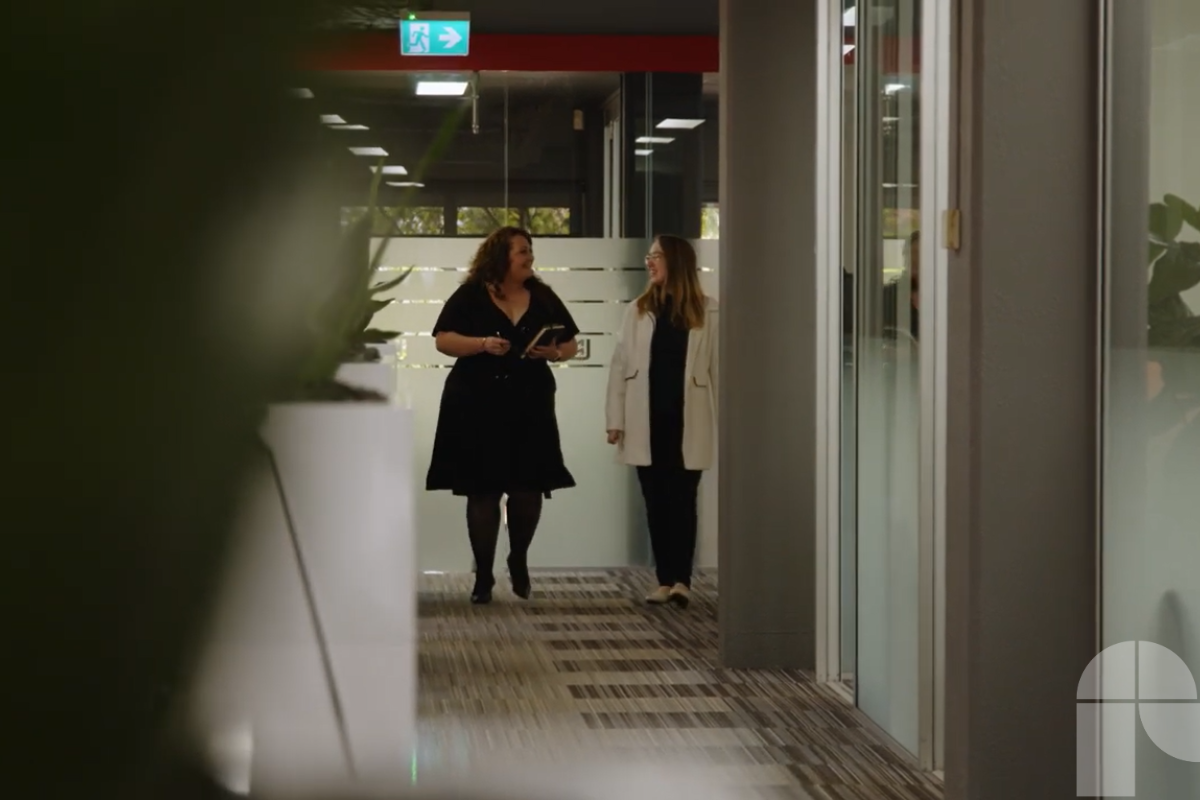Asset management plays a pivotal role in maximising the value of commercial real estate investments. Effective asset management not only ensures the smooth day-to-day operation of a property but also enhances its long-term value by maintaining high occupancy rates, ensuring tenant satisfaction, and optimising operational efficiencies. Here’s how MMJ’s Asset Management Team contributes to maximising the value of commercial assets:
Optimising Operational Efficiency.
Asset managers are responsible for the operational aspects of a building, including maintenance, security, and utilities management. By implementing efficient systems like Cirrus 8 and unique internal processes, they can reduce operating costs, improve energy efficiency, and extend the lifespan of building systems. These efficiencies translate into higher net operating income (NOI), directly enhancing the property’s value.
Maintaining Tenant Relationships.
A key aspect of asset management is fostering strong tenant relationships. Asset managers serve as the primary point of contact for tenants, addressing their needs, resolving issues, and ensuring a positive experience. High tenant satisfaction leads to longer lease terms, reduced vacancy rates, and the ability to command premium rents, all of which contribute to asset value.
Strategic Lease Management.
Effective lease management is crucial for maximising rental income and maintaining high occupancy rates. Commercial asset managers negotiate lease terms, manage renewals, and ensure compliance with lease agreements. By strategically aligning lease terms with market conditions and tenant needs, property managers can secure favourable terms that enhance the property’s financial performance.
Enhancing Property Appeal.
Asset managers oversee the upkeep of the property’s physical condition, ensuring that it remains attractive and functional for tenants. Regular maintenance, timely repairs, and aesthetic upgrades all contribute to a positive perception of the property, which can lead to higher occupancy rates and rental income.
Risk Management and Compliance.
Managing risks and ensuring compliance with local regulations are critical responsibilities of asset management. By proactively addressing potential risks—such as safety hazards, legal disputes, or market downturns—asset managers protect the property’s value and minimise potential liabilities. Compliance with environmental, health, and safety regulations also preserves the property’s marketability and reputation.
Implementing Technology Solutions.
Modern asset management increasingly relies on technology to enhance efficiency and tenant satisfaction. Asset managers can leverage property management software, smart building technologies, and data analytics to streamline operations, improve tenant communication, and optimise resource use. These technological innovations contribute to higher property values by reducing costs and enhancing tenant experiences.
Property management is a strategic function that directly impacts the value of commercial real estate assets. By focusing on operational efficiency, tenant satisfaction, and proactive risk management, MMJ’s Asset Managers play a crucial role in ensuring that the commercial properties they manage achieve their full value potential.
The Strategic Role of Asset Management in Maximising Commercial Investment Value.
Katie Rollinson
Commercial Asset Management
Commercial Investment
Commercial Property
Commercial Sales
Commercial Real Estate
Commercial Leasing
Investment

Categories:
Buying Real Estate
Selling Real Estate
Commercial Real Estate
Investing in Real Estate
Real Estate News
Residential Real Estate
Commercial Property
Auction
Renting
Sydney Office Leasing
First Home Buyers
Hints & Tips
Office Leasing
Retail Property
Childcare
Childcare Investments
MMJ News
Awards & Recognition
Track Record
Community
Charity
MMJ Team
Attracting Buyers
Interest Rates
Leasing
Commercial Leasing
Tenants
Landlords
Business Sales
Research
#realinvestor
Selling Guide
Town Planning
Property Development
Project Marketing
Advisory
Development
New Appointment
Melbourne Real Estate
MMJ Family
NSW
Perth Real Estate
Sydney Real Estate
Wollongong Real Estate
Industrial
Empowered
MMJ Nowra
Residential Sales
Industry Change Laws
Commercial Sales
Residential Management
Strata
Issue 8
Commercial Asset Management
Issue 9
Issue 10
Issue 11
Insurance
Investment
Commercial Investment
Residential Market
Wollongong
Small Business
North Wollongong
Franchise
Facilities Management
South
North
Leasing Property
Asset Management
Nowra
Issue 12
Business Sales & Acquisitions
Illawarra
Sydney
MMJ North
MMJ Wollongong
MMJ South
MMJ Perth
Issue 12
Property Management
Residential
Commercial
MMJ Sydney
Harry Richardson
Griffith
Buying
Recent articles
MMJ Blogger
| 4 days ago
Smart Buying: How to Navigate Australia’s Spring–Summer Property Market
MMJ Bloger
| 22 days ago
How Regular Property Inspections Save You Thousands
MMJ Blogger
| 22 days ago
